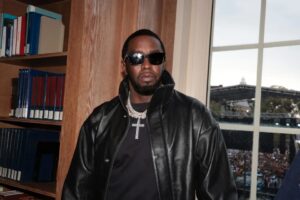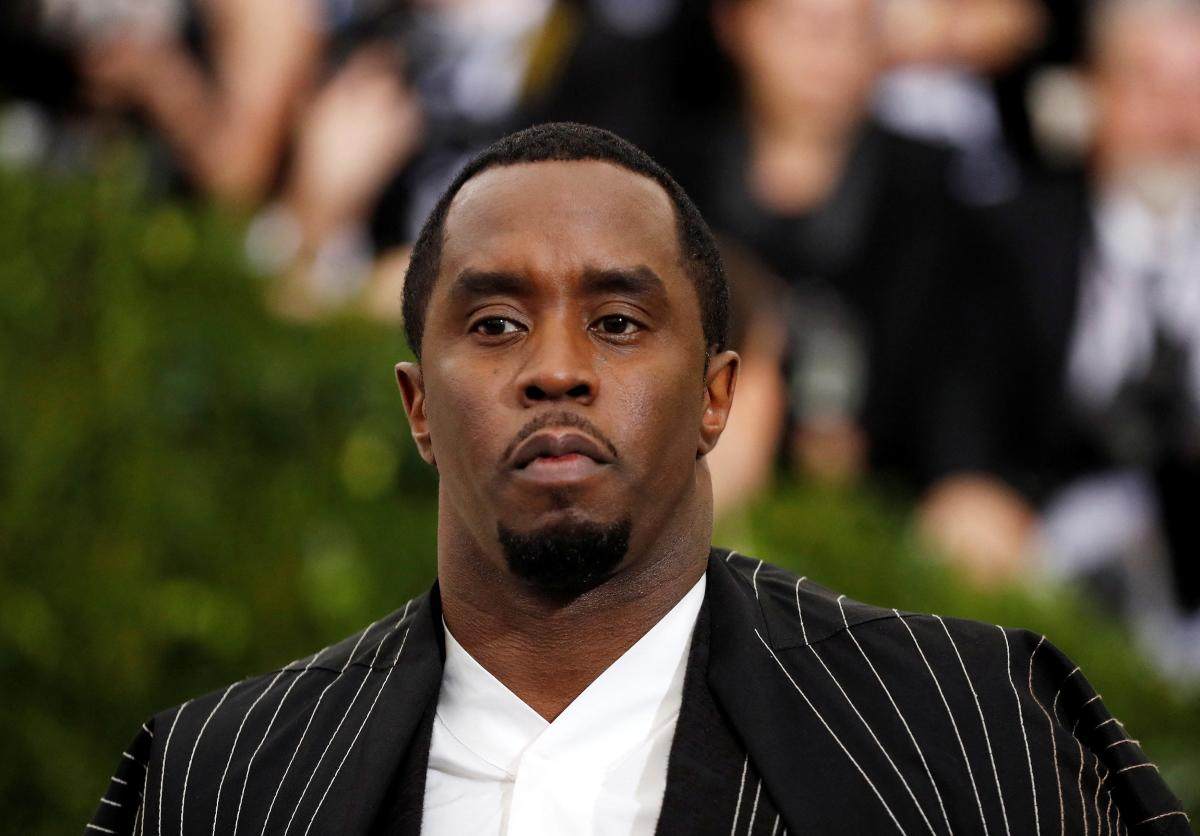When music mogul Sean “Diddy” Combs was the subject of an indictment on charges of extortion, sex trafficking, and pimping, it sent shockwaves through the music industry. But some people weren’t surprised.
Rumors of Diddy’s alleged behavior have been circulating for years, and numerous women, both famous and not, have made comments about Diddy in interviews.

The problem is, very few people actually listen.
Kimora Lee Simmons’ 2004 profile mentioned a time when Diddy threatened to beat her when she was pregnant. In 2022, former Danity Kane member Aubrey O’Day revealed on a podcast that she was forced out of the girl group in 2008 because Combs rejected her because she didn’t “meet his expectations” outside of music.
And singer Jaguar Wright has been defending her stance for years, accusing Diddy of serious crimes in several interviews. She’s even been called a “liar” and said she’s jealous of Diddy’s success.
It wasn’t until footage of Diddy assaulting his ex-girlfriend Cassie Ventura was released that people started listening to their stories. Why?
Experts say gender and racial stereotypes, as well as the “halo effect” stereotype, contribute to the denial of sexual abuse allegations, leaving victims feeling ashamed and untrustworthy.
The ‘halo effect’ protects celebrities from guilt
A cognitive distortion known as the “halo effect” can protect a celebrity’s image from sexual abuse allegations, according to Elizabeth L. Jeglic, a clinical psychologist and professor at the John Jay College of Criminal Justice at the City University of New York.
When we have a positive impression of someone like Diddy — a Grammy-winning artist who has spent time with Oprah and Obama, has a star on the Hollywood Walk of Fame and an honorary doctorate from Howard University — the public tends to ignore “information that doesn’t fit our perception of this person,” especially when it comes from people “inferior to him,” Jeglic said.

That’s probably what happened in 1999 when the rapper was at a club with his girlfriend Jennifer Lopez. Diddy and his bodyguard Anthony “Wolf” Jones allegedly got into an altercation with rapper Moses “Shyne” Barrow, leading to a shooting that left three people injured.
Diddy, Lopez, Jones, and Barrow were all briefly arrested by police. The jury found Barrow guilty of first-degree assault for shooting two bystanders, even though one of the victims, Natania Reuben, repeatedly identified Diddy as one of the shooters.
“People started to wonder, ‘Is he really capable of this?’” Jelgic explained.
Black women face even more difficulties
Some of the women who accused Diddy of abusing them were black, which only compounded the suspicions they faced.
“In some southern states, only white women are legally recognized as rape victims,” said Chloe Grace Hart, an associate professor of sociology at the University of Wisconsin-Madison. “That’s certainly not true today, but the legacy of that thinking still exists.”
A recent study by Hart found that Americans are less likely to believe a black woman who reports an experience of sexual harassment than a white woman.
“That suggests that it’s a very tough fight to believe that black women are victims of sexual violence,” she said.
According to Reneé Carr, a clinical psychologist and expert in the human mind, black and Latina women are disproportionately sexually harassed, which is important when allegations of abuse surface.
“When people see someone claiming to have been sexually abused or assaulted, they think that it was probably what the person wanted. Because they subconsciously assume that these people are particularly sexually desirable.”
At the same time, “we still live in a patriarchal society where men hold the majority of the power,” Jeglic said. “Because of this, when women make accusations, they are more likely to be seen as emotional or crazy than men.” This bias exacerbates the manipulation problem.
However, as more women come forward with their stories of abuse, the public becomes more receptive and willing to listen to them. And we may eventually move toward a day when women’s allegations of sexual assault are actually heard.